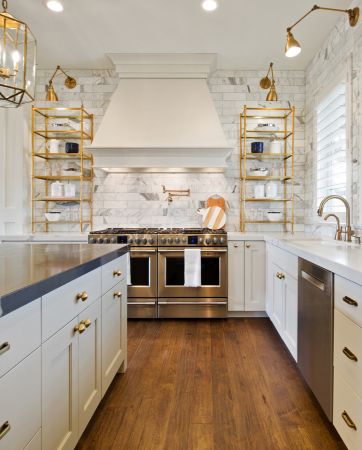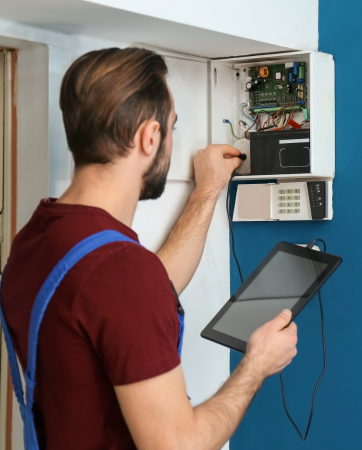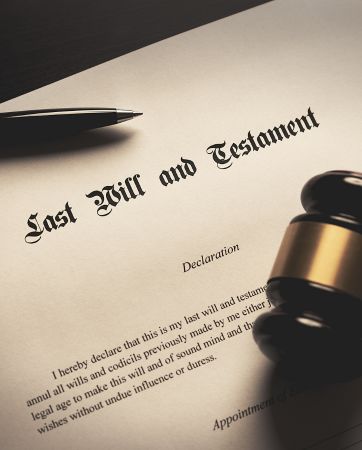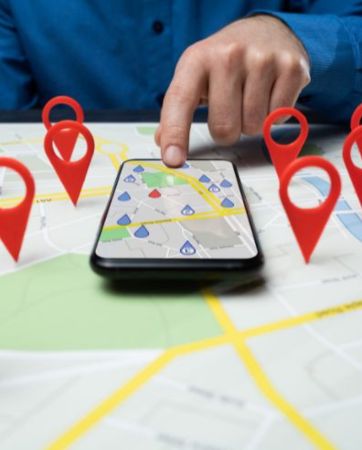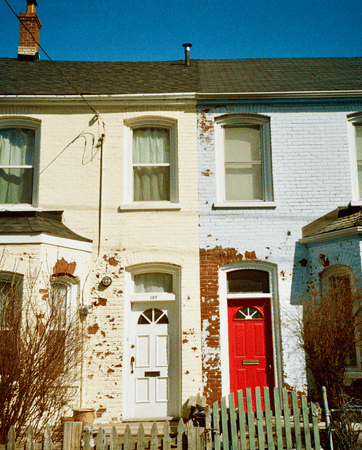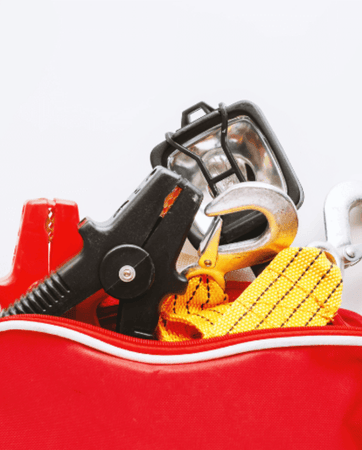What to Consider When Installing a House Alarm System
Thinking about getting a home alarm system installed? It’s a smart move, both for peace of mind and added protection. But with so many security options on the market, how do you know what really matters before you commit. This blog will give you some practical tips on how to make the best decision for your needs.
Regulations and standards
First up, make sure any alarm system you choose meets European standard (EN 50131) and is installed by a licensed provider. Not only does this keep you compliant but can also offer you a discount on your home insurance. It’s a small detail that makes a big difference when it comes to both your safety and potential discounts.
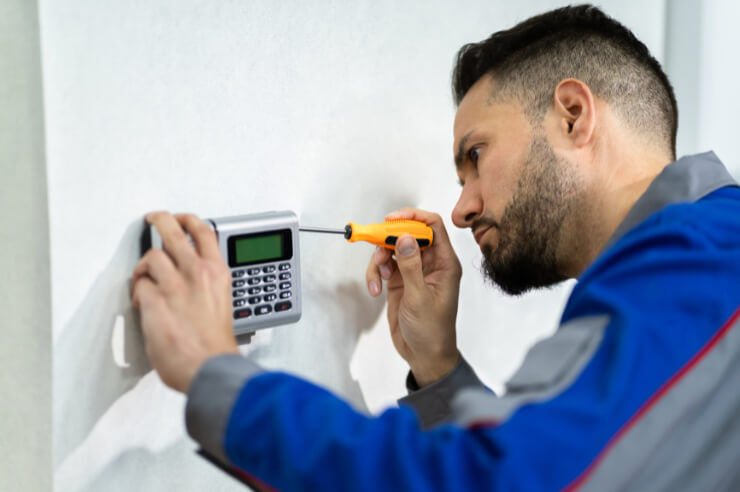
Choosing the right alarm system
Next, think about the type of system that best suits your home. Wired systems are highly reliable and tend to need less maintenance, especially if your house is already set up for one. Wireless systems, on the other hand, are more flexible and easier to install, though you’ll need to keep an eye on batteries and potential interference. Hybrid options blend the strengths of both, giving you flexibility but often at a higher cost.
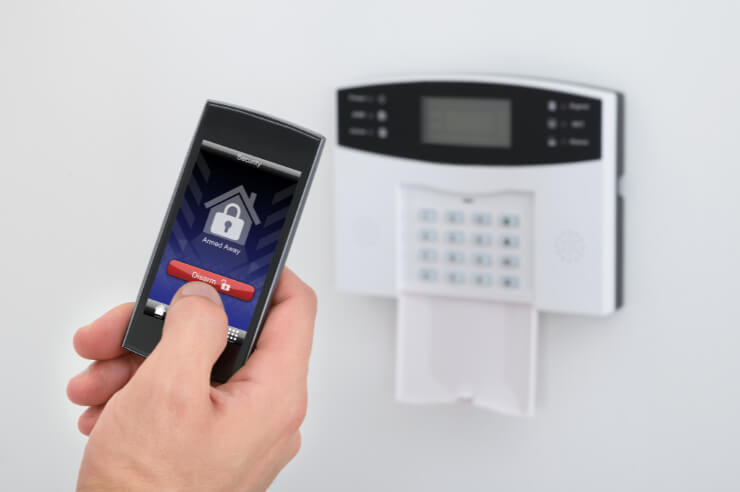
Monitored v self-monitored alarms
You’ll also need to decide how you want the system monitored. A monitored alarm connects to a control centre that responds 24/7 and can notify you or the Gardai if there’s a problem. These usually come with lower upfront costs but involve monthly fees. Self-monitored systems skip the call centre and instead send alerts directly to your phone, Great for independence and avoiding ongoing charges. The last option is an unmonitored system, which simply sets off a siren, but leaves it up to you or your neighbours to respond.
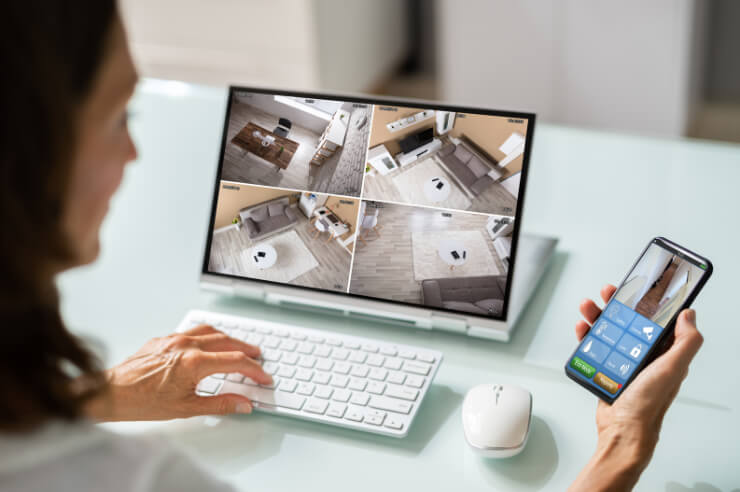
Alarm features and benefits
Modern alarm systems also come with plenty of extra features. You can add cameras, motion sensors, and even smart integrations like app controls and zone management. Some packages also cover smoke, carbon monoxide, or even medical alerts, particularly useful for families or anyone with vulnerable household members. These add-ons can be a real comfort, though they do bump up the overall cost.
Maintaining your alarm
Regular servicing is important, whether monitored or not, alarms should be checked at least once a year. Battery-powered systems especially need regular attention, so you’re not caught out when it matters most. Even if you’re not the DIY type, simple checks like testing the system or replacing batteries can save from paying costly call-out fees.
If you value flexibility, affordability, and direct control, a self-monitored alarm might be your best bet. If you’d prefer the reassurance of having someone else keep watch, a monitored system could be worth the cost. Whatever you choose, the key is to get a certified, well-maintained system that fits both your lifestyle and your budget.
All the information on this blog is published in good faith and for general information purposes only. While An Post Insurance makes every effort to ensure that the information appearing on this blog is accurate and complete, it does not make any warranties about the completeness, reliability or accuracy of this information, whether express or implied, including but not limited to implied warranties of merchantability, fitness for a particular purpose or non-infringement. Any action you take upon the information you find on this blog is strictly at your own risk. An Post Insurance will not be liable for any direct, indirect or consequential losses and/or damages in connection with the use of, or action taken in reliance on information contained in our blog.
Through this website you are able to link to other websites which are not under the control of An Post Insurance. We have no control over the nature, content, and availability of those sites and if you click on links to these websites you will be subject to the terms and conditions of those sites. The inclusion of any links does not necessarily imply a recommendation or endorse the views expressed within them.






